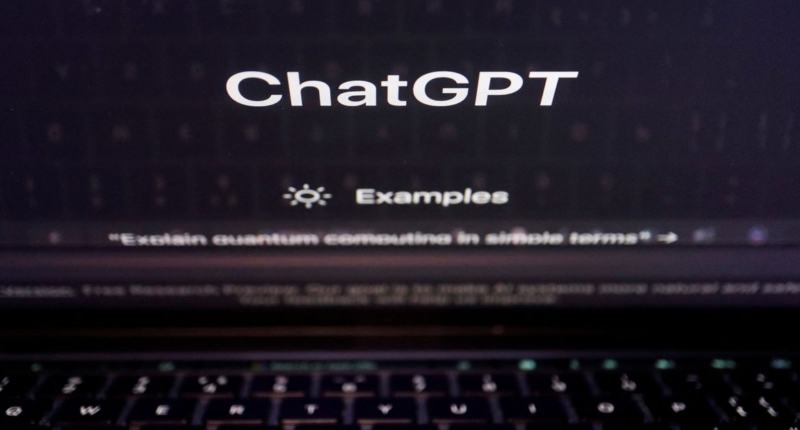Databricks, a San Francisco-based startup valued at $38 billion, has released open-source code that allows companies to create their own chatbots similar to OpenAI’s ChatGPT. The release is aimed at providing a cheaper alternative to training large language models with huge resources and computing power. Databricks’ CEO believes that smaller AI models will eventually become open-sourced, making AI more accessible and cost-effective for businesses. However, the open-source code comes with caveats, as businesses would need to invest in computing power and resources to train their chatbots. OpenAI, which uses a supercomputer from Microsoft to train its AI models, charges businesses for access to its models for their own applications, projecting sales of $1 billion by 2024. Databricks’ open-source chatbot has demonstrated impressive capabilities, but benchmark tests are yet to be released to compare its performance with that of ChatGPT.
Databricks, a San Francisco-based startup with a valuation of $38 billion, has released open-source code that allows companies to create their own chatbots similar to OpenAI’s ChatGPT. The company’s CEO, Ali Ghodsi, stated that the release was intended to demonstrate a cheaper alternative to training a large language model with massive amounts of resources and computing power. OpenAI uses a supercomputer from Microsoft to train its AI models, which is very expensive. OpenAI charges companies for access to its models for their own applications, projecting sales of $1 billion by 2024.
Databricks’ open-source code is an AI model that can be trained on data sets and can perform various tasks. Ghodsi claims that the chatbot can draft blog posts but admits that the company has not released formal benchmark tests to compare its capabilities with those of ChatGPT.
Databricks sells cloud-based data mining and analytics software and has achieved more than $1 billion in annualized revenue. The company wants businesses to train their own AI models using its software, allowing them to have their models and make them better without sharing their data with others.
The release of the open-source code comes with caveats. It remains to be seen if the model can match ChatGPT’s performance, and businesses would have to invest in computing power and resources to train their chatbots.
In conclusion, Databricks is offering a cheaper alternative to OpenAI’s ChatGPT by releasing an open-source code that can create chatbots. The company hopes to encourage businesses to train their models using its software while retaining their data. While the model has displayed impressive capabilities, benchmark tests are yet to be released to prove its performance compared to ChatGPT.
Databricks’ recent release of open-source code for creating chatbots comes as startups are raising millions of dollars to train their AI models, and large tech firms are trying to shrink the size and cost of AI models while improving accuracy. Databricks CEO, Ali Ghodsi, believes that AI models will become increasingly smaller and open-sourced, and that everyone will eventually have access to them. This move has the potential to revolutionize the AI industry by making it more accessible and cost-effective for businesses to train their models.
Don’t miss interesting posts on Famousbio









